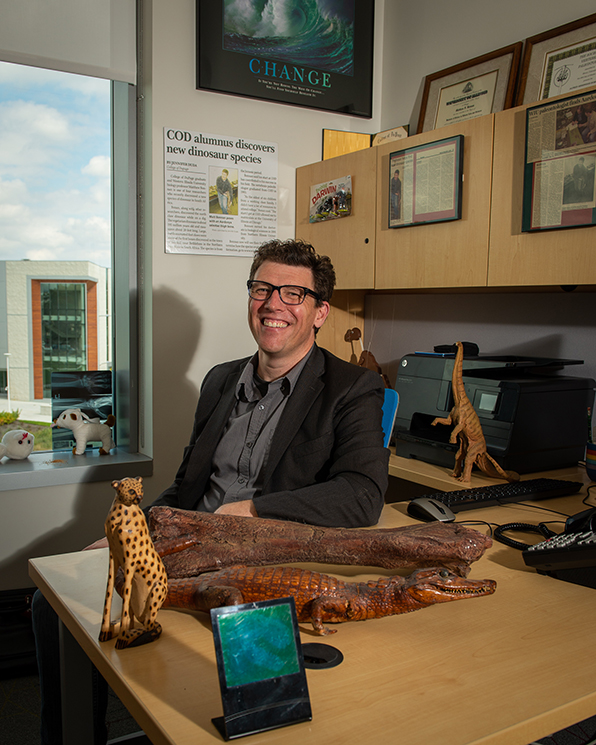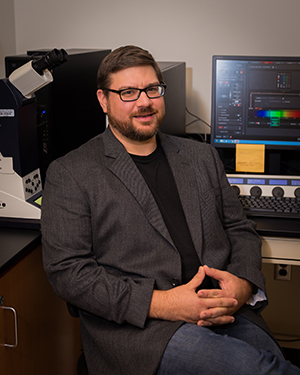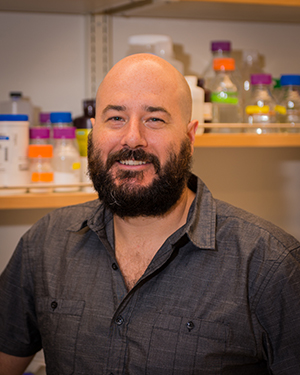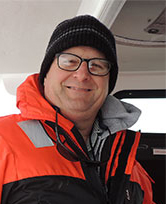Biology
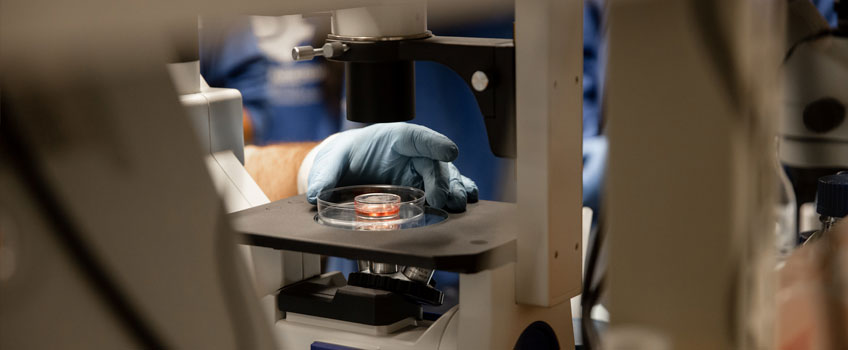
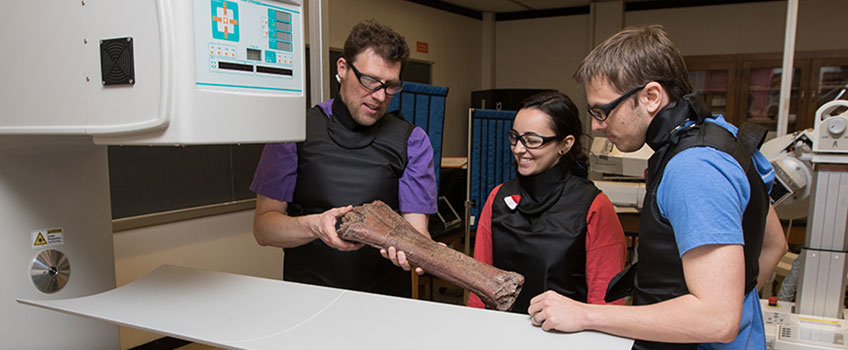
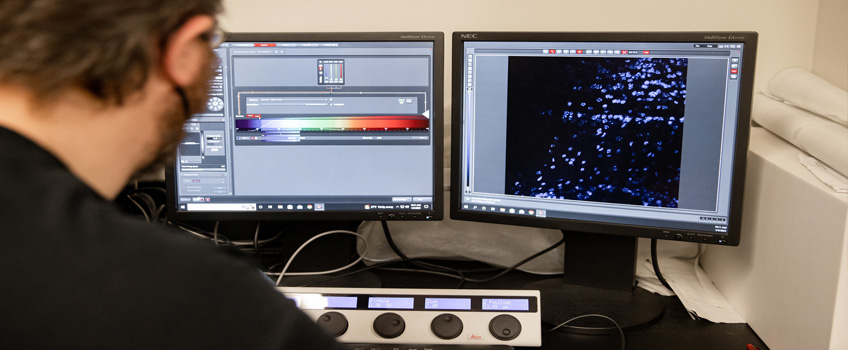
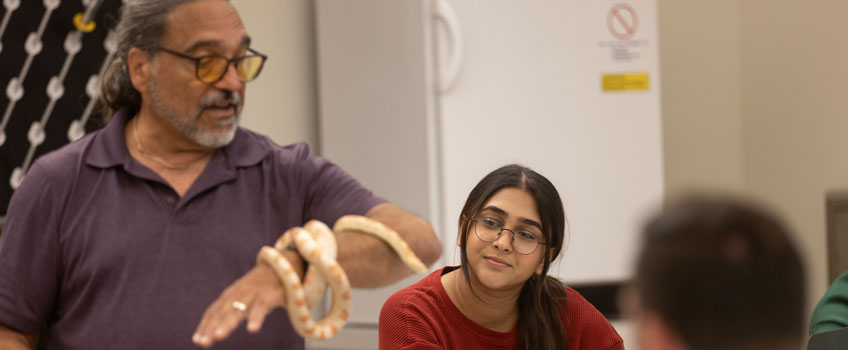
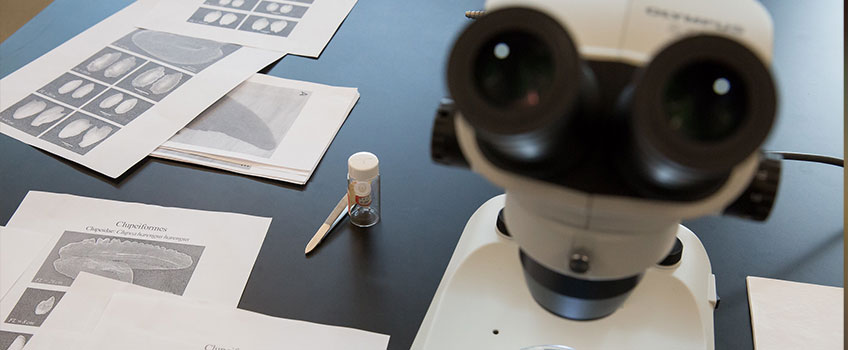
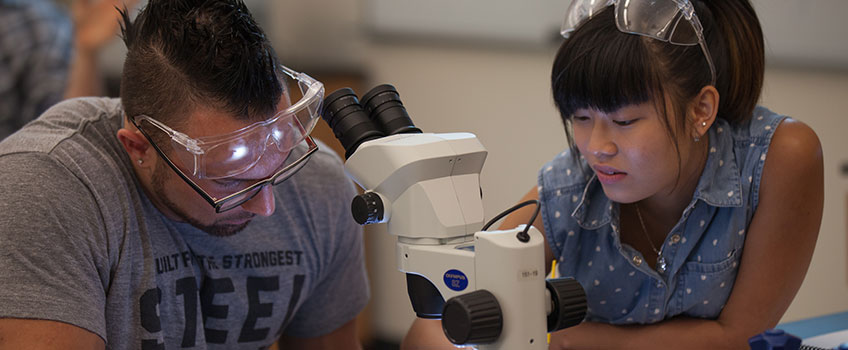
The Biology (BIOL) program offers Bachelor of Arts (B.A.) and Bachelor of Science (B.S.) degrees and a Biology minor in order to prepare students for a variety of careers in biological science; provide a background of skills, attitudes and knowledge needed for further study in professional and graduate schools; and promote enjoyment and appreciation of the organisms that populate our planet.
Stockton's Biology courses emphasize the diversity of life-forms that have evolved
and the wide range of levels at which they can be studied: molecular to ecosystem.
Many courses have laboratory and/or field components, and seminar, tutorial or independent
project modes of instruction are also utilized.
About the Program
Additional Information
New Angles on Success Mentor Program
The Biology program takes advantage of the University's 1,600-acre setting in the
New Jersey Pine Barrens close to the Atlantic Ocean. It is an area rich with diverse
terrestrial, estuarine, and marine habitats. Nearby are the Forsythe National Wildlife
Refuge and many other federal, state, county, and private wildlife preserves. The
laboratory complex includes a greenhouse, animal rooms, environmental growth chambers,
computer apparatus for physiological studies, light microscopes of many descriptions,
plant and animal tissue culture facilities, and modern biological instrumentation,
including centrifuges, thermocyclers, and instrumentation for automated DNA sequencing.
Program Features
- All program faculty hold doctoral degrees from highly reputed institutions.
- Diversity of faculty and of biology allows students the freedom in choosing their coursework.
- Opportunity for one-on-one assistance.
- Learn from visiting lecturers in our biology seminar series.
- Research opportunities in field and laboratory work.
- Talk to the professors about their research; they love to talk about it!
Biology Alumni Highlights & Success
Unlocking the Brain's Potential: The Cutting-Edge Science of Neural Stem Cells
Dr. Nathanial Hartman and his lab students study how specific molecular pathways converge
and alter neuralstem cell behavior. One protein of particular interest is the mammalian
target of rapamyci (mTOR).
Learn more about neural stem cells in the 2018 NAMS e-zine The Essential Elements. And don't miss other alumni stories in our current e-zine edition!
The professors in the NAMS department really wanted every student to succeed and learn, not just get a passing grade. They didn’t just see students as another number, but as people who were willing to learn and be leaders and professionals for our future.
Read Ashley's whole story.
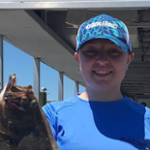
B.S. Biology
With the help of Stockton's amazing professor, Dr. Tripepi, we developed a new media that is easily accessible and affordable. I was able to work with an amazing archaea Haloferax volcanni which is able to live in extreme conditions, is non-pathogenic and has a photo repair mechanism.
Read Maria's whole story

B.S. Biology, Minor Spanish
Curriculum
A student has several choices of concentrations within the B.S. and B.A. degrees, including the General Biology concentration. Concentration structures are intended for general guidance in selecting a coherent set of recommended courses to prepare toward biology careers and/or graduate/professional education that supplement the general requirements.
Degree Offerings
Bachelor's of Arts or Sciences in Biology
A versatile degree that provides a broad program of study to prepare students for a broad spectrum of biology-related careers or a targeted, specialized career of the student’s choice, where a customized program of study is designed with guidance from a Preceptor.
Bachelor of Biology with a Biotechnology Concentration
Intended for students desiring laboratory careers in the pharmaceutical industry or graduate study in molecular biology-related applied fields
Bachelor of Science in Biology with a Dual Degree Medical Technology Concentration
Intended for those with a broad range of career options in hospital and commercial laboratories, in vitro fertilization laboratories, the pharmaceutical industry, and instrument manufacturing, etc.
Bachelor of Arts or Sciences in Biology with a Pre-Professional Concentration
Includes prerequisites for most medical, veterinary, dental, optometry, podiatric, physician assistant, chiropractic, pharmacy, and other schools in the health sciences requiring similar preparation.
Bachelor of Arts in Biology with an Education Concentration
Suitable for those wishing to pursue a career as a high school biology teacher. This concentration includes education and related courses necessary for certification in the State of New Jersey
Bachelor of Science Biology with a Pre-Physical Therapy Concentration
Designed for students intending to apply to a graduate degree program in Physical Therapy. Completion of this concentration does not guarantee admittance to the DPT graduate program at Stockton.
Coursework
Degree Works Curriculum & Transfer Equivalency Tool
To see the curriculum for your area of interest, you’ll use the web program, Degree Works. This service is accessible even if you are not currently a student with Stockton University.
Current students exploring the various paths towards degree completion should access the "what if" option in their Degree Works through the portal.
Instructions on how to use Curriculum Tool
Minor
The core course requirement contributes breadth, and the elective component contributes depth in biology. The minor might be of interest to almost any student curious about the living world. Students for whom the minor would fit most easily include those majoring in BCMB, CHEM, ENVL, MARS, PSYC, and PUBH.
As with all minors within the School of Natural Sciences and Mathematics, all courses taken within the minor must be completed with a C or better. A C- grade is not acceptable. Additionally, at least the Seminar (BIOL 4600) and the two elective courses must be taken at Stockton.
Biology Minor
Faculty
Our faculty have diverse scholarly interests and a commitment to undergraduate education, providing a broad educational experience in the biological sciences and opportunities for faculty mentoring and undergraduate research.
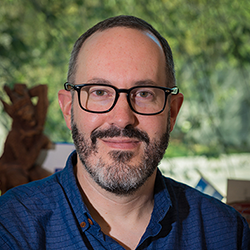
Michael Lague
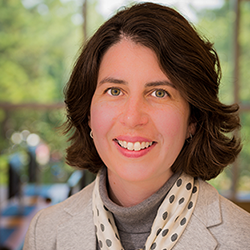
Melissa Zwick
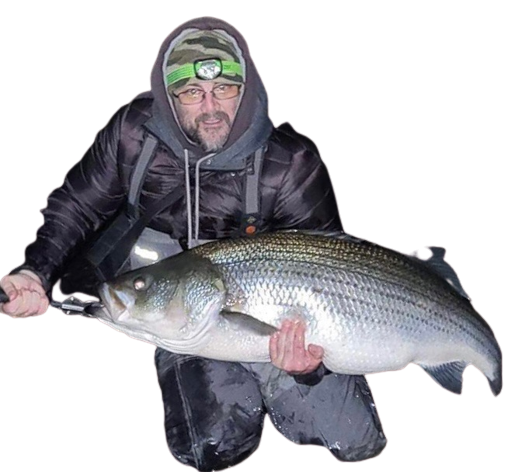
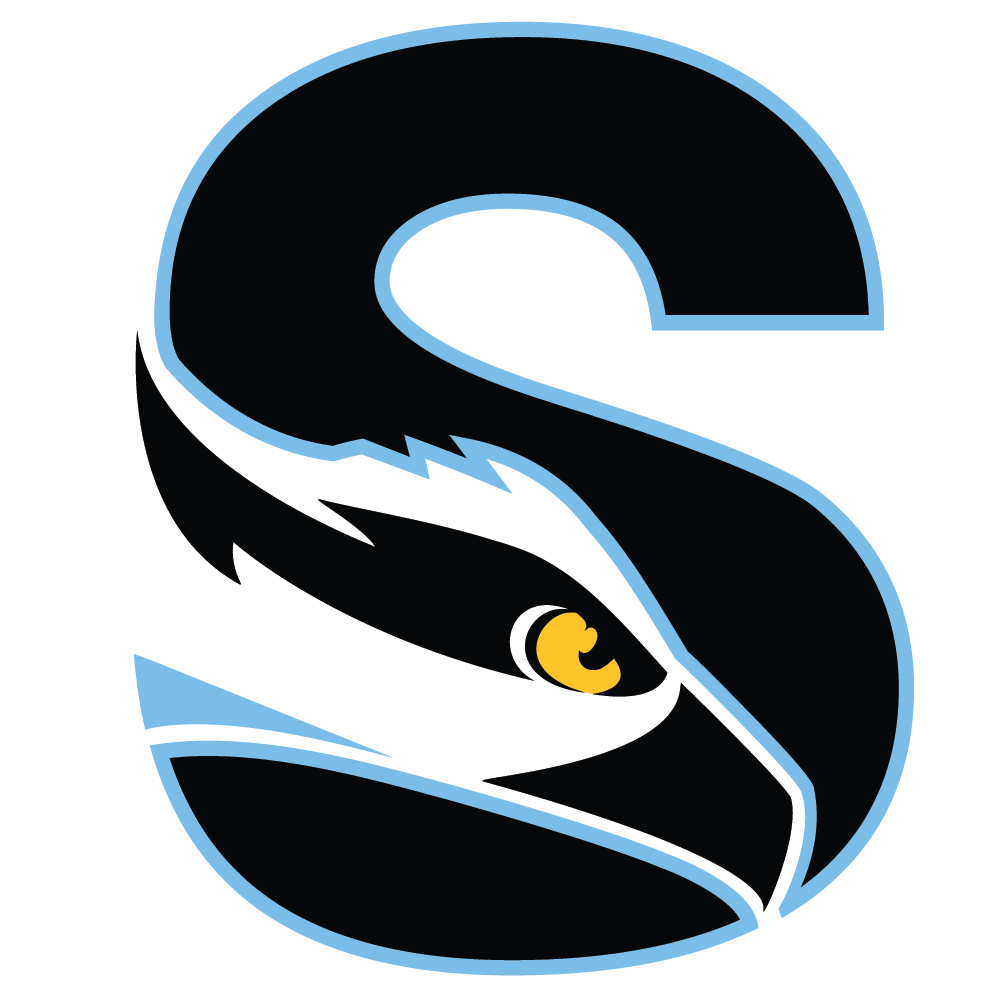
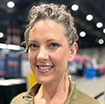
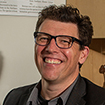
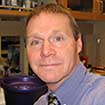


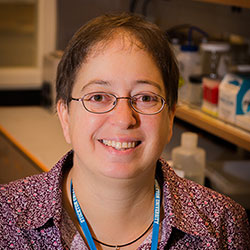
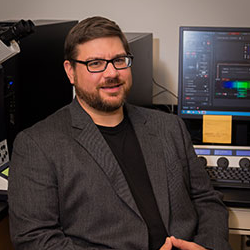
Nathaniel Hartman
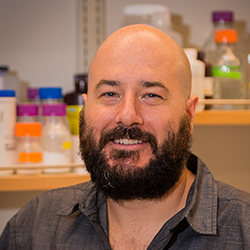
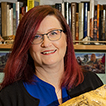


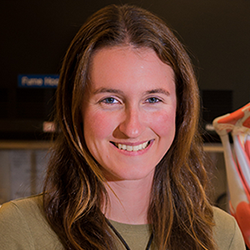
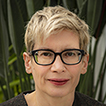

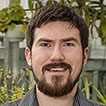
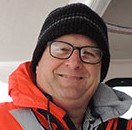
Peter F. Straub

























Opportunities
Local Internships
Washington, D.C. Internship
Semester Abroad
Research
Teaching Certificate
Independent Study
Minor
Certificate Programs

The Biology Program also offers a number of opportunities for students to get involved
in various areas of interest outside of the classroom.
Check out the many different biology-related, student clubs offered at Stockton:
- Biological Society
- Delta Epsilon Mu, Inc. – Alpha Pi Chapter
- Neuroscience Club
- Pre-Dental Club
- Pre-Medical Club
- Pre-Physician's Assistant Club
- Pre-Veternarian Club
- Undergraduate Physical Therapy Club
- Women in Health Professions
Careers
Biology program alumni report that the largest employment niche for graduates has been the research and development laboratories of pharmaceutical companies and other industries, university research labs and clinics. Graduates also find employment in other industrial and commercial niches (such as pharmaceutical sales) and in the public sector as teachers or as technicians in federal, state, or county laboratories and agencies. Other Biology graduates go on to professional or graduate school, and several are now faculty members at major universities.
Potential Careers
The Student Career Center is available to guide you through your career development journey - from CV writing, interview prep, or general guidance. Visit them today!
